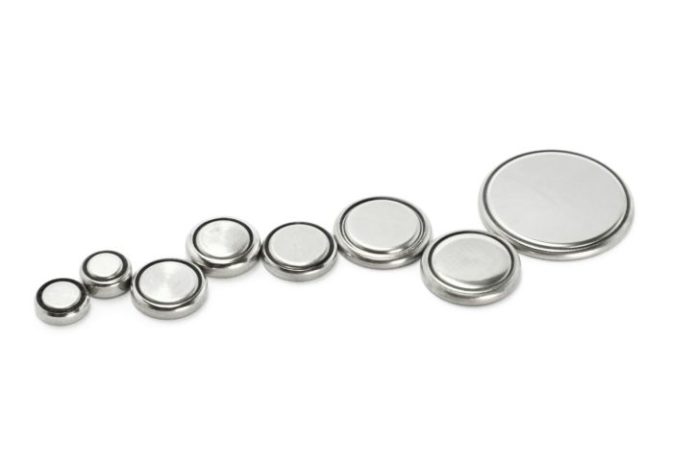Parents are being urged to be constantly vigilant when devices with button batteries are used around young children.
Dr Simon Craig and colleagues from the Monash Medical Centre in Melbourne will report the cases of two young children with severe complications following accidental button battery ingestion.
One child, aged 12 months, presented to a local emergency department by ambulance after a choking episode at home.
A button battery ingestion was rapidly diagnosed, and he was transported to a nearby tertiary hospital for emergency removal.
Although the battery had been present for only two and a half hours, the child later developed breathing difficulties and required a prolonged stay in intensive care.
He was treated with a tracheostomy, and spent over three months in hospital recovering from his injury.
The second child, aged 14 months, was not initially suspected to have a button battery injury.
He was referred to the emergency department with fever, eating less than usual, and a reluctance to move his neck following a fall that morning.
Doctors eventually discovered a button battery lodged in his oesophagus. The battery was then removed.
Further discussions with the family revealed that five days earlier he had been playing with batteries, and one had been removed from his mouth.
He was discharged from hospital after six days, and appeared to be recovering well.
Two weeks later, the boy was readmitted to hospital with neck pain and diagnosed with a severe spinal infection.
This required 12 weeks of intravenous antibiotics. He also later developed a stricture (narrowing) of his oesophagus, requiring ongoing treatment.
“Button batteries can cause severe injuries when lodged in the oesophagus,” said Dr Craig.
“Larger batteries – those greater than 15-20mm – are more likely to get stuck and cause serious problems.
“Even with early diagnosis and rapid removal, life-threatening complications can occur. These complications can occur weeks or months after the original injury, and can be devastating.”
In Australia, an estimated four children per week present to an emergency department with an injury related to a button battery.
“Even with the best treatment, the damage can be severe. Any delays in removing the batteries can lead to serious complications, which may not be apparent for some time.
“Most of the damage occurs with the initial injury. Close follow-up is essential.
“The best thing to do is avoid the problem in the first place. Button batteries, particularly those the size of a 10 cent coin, are particularly dangerous in young children.”
Button batteries commonly power cameras, remote controls, watches, hearing aids, toys, and even musical greeting cards.











